Partial Hospice Program
Partial Hospice Program
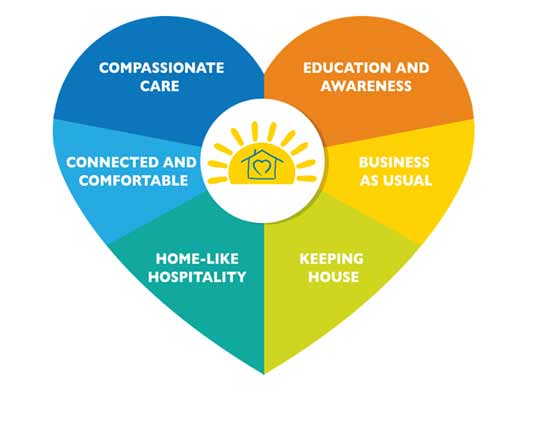
Follow-up care is usually the most important component of drug addiction treatment.
Think of it this way: While you are in a residential or full-time day treatment program, it is like being in basic training for the armed services. Once you leave, you have to apply what you know in an actual war zone. Suddenly your situation becomes dangerous, but your skills are new and unpracticed. You now need continued professional help and informal support from friends and family more than ever, because you are moving out of the theory and into the practice of living a drug-free life.
While you are completing your residential drug addiction treatment program, you do not face the temptations of drug-using friends and familiar places where you used to buy and use drugs. During your treatment program, the other clients and the staff do not expect you to use drugs as long as you are with them, and they make it hard to obtain drugs. However, once you go home, you are back to all your old familiar temptations. Unless they are included in your recovery process, the people who knew you as a substance abuser will expect you to return to your old habits.
The ingredients of good follow-up care include attending support meetings, continuing in individual counseling, going into family or marriage counseling with your spouse and other family members, and applying the skills you learned in your treatment.
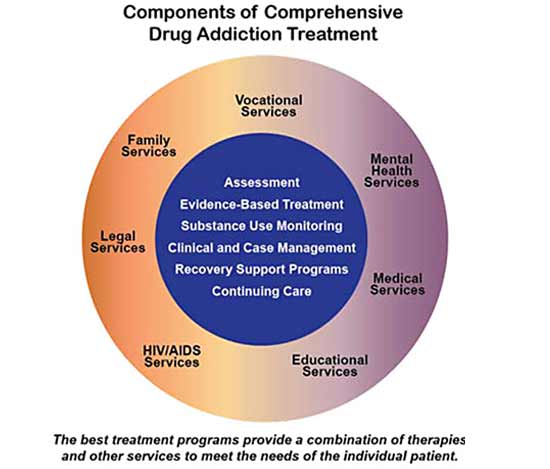
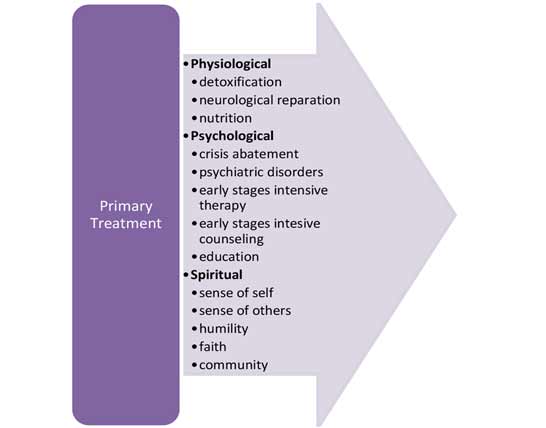
The skills taught in your program might include relaxation training and using physical exercise to reduce stress. You also have to apply techniques you learned to deal with drug cravings and “triggers,” which are people, events, or experiences that may entice you to use drugs. A trigger can be running into old drug-using friends or dealers, being at a party where people are using drugs, or even feeling a certain emotion that you used to numb with drug use. You can talk about these situations in individual counseling and at your support meetings.
Another way to enhance your follow-up care experience is to get support is from members of groups like Cocaine Anonymous, Narcotics Anonymous, Recovering Couples Anonymous, Smart Recovery, or Save Our Selves (SOS). The members of these groups are also trying to maintain a drug-free life. They can give you understanding, support, and advice as you face the same problems together.
Your family members need to work through their own issues that surround your drug use, even as you need to rely on them to for encouragement and support. In marriage or family counseling, you learn how to ask for their help and communicate your needs more openly and honestly. You learn how to create more loving, open family relationships that benefit everyone involved.
Usually, while you are still in the residential phase of your drug addiction treatment program, you and your counselors will establish a follow-up care plan before you leave your drug treatment center. A schedule for individual/family counseling and support meetings will be put in place before you go home. You may have begun to participate in new hobbies and interests at the center, which you also will continue when you get home.
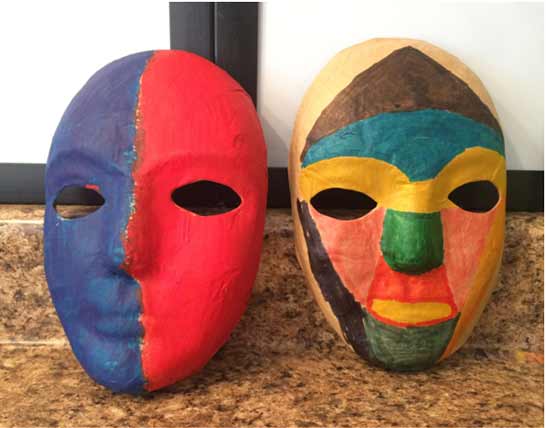
Your stay in residential drug addiction treatment should have started you on healthy new ways living, including following a healthy diet and getting adequate amounts of exercise. Your follow-up plan will help you stick to the new behaviors you developed in treatment, resist triggers and overcome relapses, and improve your ability to pursue long-term recovery.
Addiction treatment should not end when a patient successfully completes a drug rehabilitation program. Addiction, whether it is substance or behavioral addiction, can be a lifelong condition, and without using proper aftercare options, relapse can occur and the patient might resume his or her addictive behavior. On the other hand, a rehabilitated addict should not be subject to any sort of social stigma because of his or her past behavior. Therefore, aftercare options for individuals who have successfully overcome their acute addiction problems need to be carried out in a discreet manner, and it should not make them feel that their activities or ambitions need to be restricted in order to prevent them from returning to an acute addiction phase.
Usually, individual or group counseling, on a regular basis, is the best form of continuing care for addiction treatment. If you or a loved one has successfully overcome addiction to drugs, alcohol, or any other substance or destructive behavior, we can help you find the right support system. Please call us at +91 956-677-8686 or fill out our contact form for free information about the various options for continuing support care after completion of an acute rehabilitation program.
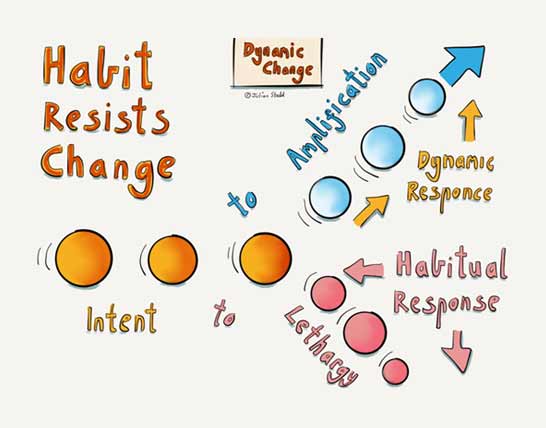
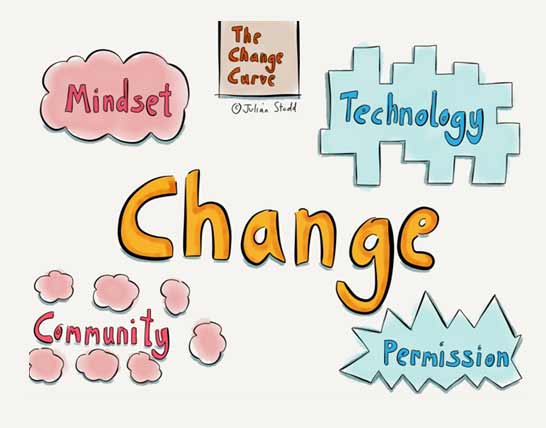
Once a patient has returned to his or her normal life after completing an inpatient or outpatient addiction recovery program, several options are available for maintenance care. These include: